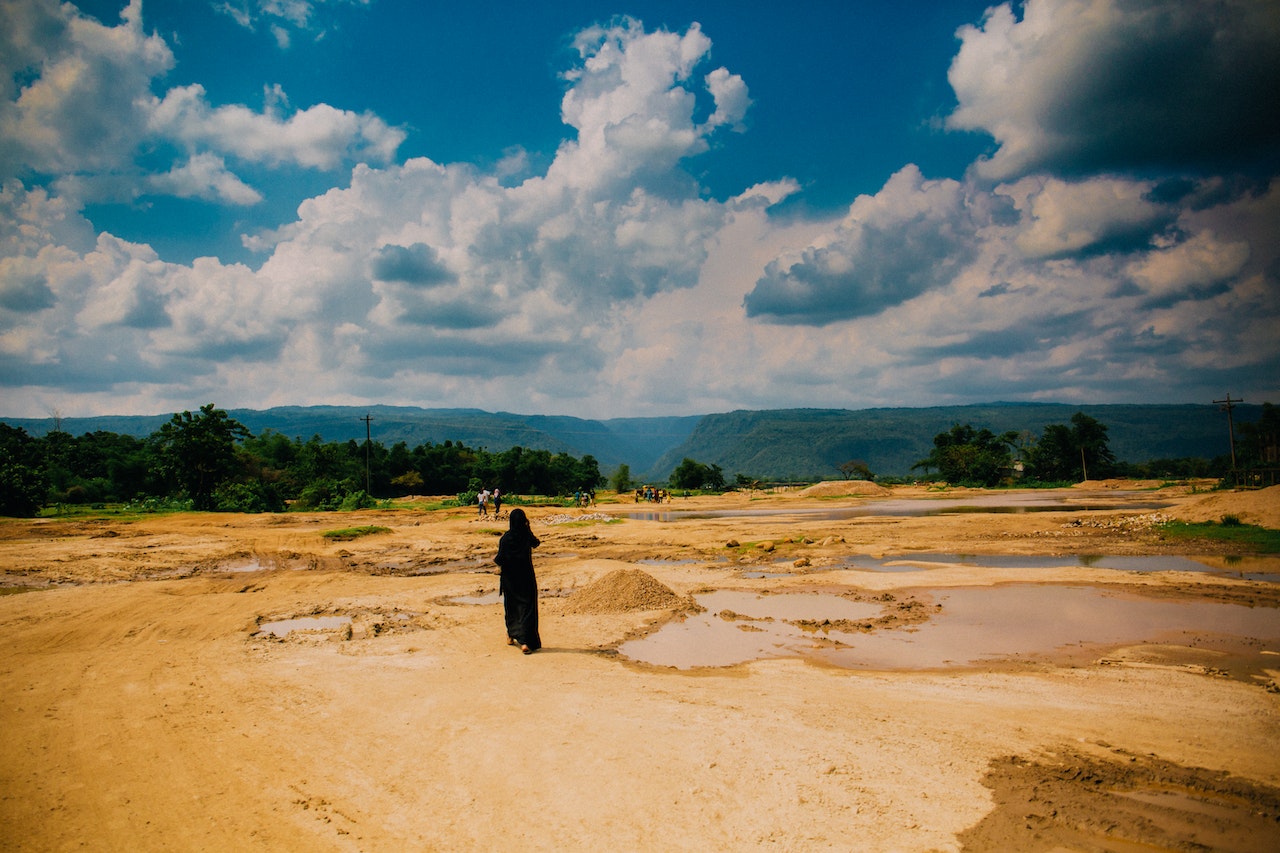Climate change is one of the greatest threats to food security in Africa. As temperatures rise, rainfall patterns become more unpredictable, and extreme weather events such as droughts and floods become more frequent, farmers across the continent are struggling to adapt to the changing climate.
Agriculture is the backbone of many African economies, providing employment and income for millions of people. In this blog post, we will explore the impact of climate change on African agriculture and discuss some of the strategies being employed to mitigate its effects.
The Effects of Climate Change on African Agriculture
Climate change is affecting African agriculture in several ways. Here are some of the most significant impacts:
- Drought and Water Scarcity: Climate change is causing more frequent and severe droughts in many parts of Africa, making it difficult for farmers to grow crops and raise livestock. Water scarcity is also becoming a major problem, with many rivers and lakes drying up or becoming too polluted to use.
- Crop Failures and Reduced Yields: Changes in temperature and rainfall patterns are affecting crop growth and reducing yields. Pests and diseases are also becoming more prevalent, further reducing crop yields.
- Loss of Biodiversity: Climate change is causing changes in ecosystems, leading to the loss of biodiversity and the disappearance of many plant and animal species that are important for food and agriculture.
- Migration and Conflict: As farming becomes more difficult due to climate change, many rural communities are migrating to urban areas or other countries in search of better opportunities. This can lead to conflict and instability, particularly in areas where resources are scarce.
Strategies for Adapting to Climate Change
Despite the challenges, many African farmers and communities are finding ways to adapt to the changing climate. Here are some of the strategies being employed:
- Diversification: Farmers are diversifying their crops and livestock to reduce their vulnerability to climate-related risks. They are also adopting new practices such as intercropping and agroforestry to increase the resilience of their farming systems.
- Water Management: Farmers are adopting practices such as rainwater harvesting, irrigation, and the use of drought-resistant crops to better manage water resources and cope with water scarcity.
- Soil Conservation: Farmers are adopting soil conservation practices such as conservation agriculture, which involves reducing tillage, using cover crops, and rotating crops to improve soil health and reduce erosion.
- Improved Infrastructure: Investments in infrastructure such as roads, markets, and storage facilities are helping farmers to access new markets and reduce post-harvest losses.
- Information and Technology: Advances in technology such as mobile phones and weather forecasting are helping farmers to access information about weather patterns and market prices, enabling them to make more informed decisions.
- Policy and Institutional Support: Governments and international organizations are providing policy and institutional support to help farmers adapt to climate change. This includes funding for research, extension services, and climate-smart agriculture initiatives.
 Climate change is having a profound impact on African agriculture, but farmers and communities are finding ways to adapt and cope with the challenges. Diversification, water management, soil conservation, infrastructure improvements, information and technology, and policy and institutional support are all strategies that can help farmers to adapt to the changing climate.
Climate change is having a profound impact on African agriculture, but farmers and communities are finding ways to adapt and cope with the challenges. Diversification, water management, soil conservation, infrastructure improvements, information and technology, and policy and institutional support are all strategies that can help farmers to adapt to the changing climate.
It is essential that we continue to invest in these strategies and provide the support needed to ensure that African agriculture remains resilient and sustainable in the face of climate change. By working together, we can help to secure food and livelihoods for millions of people across the continent.



